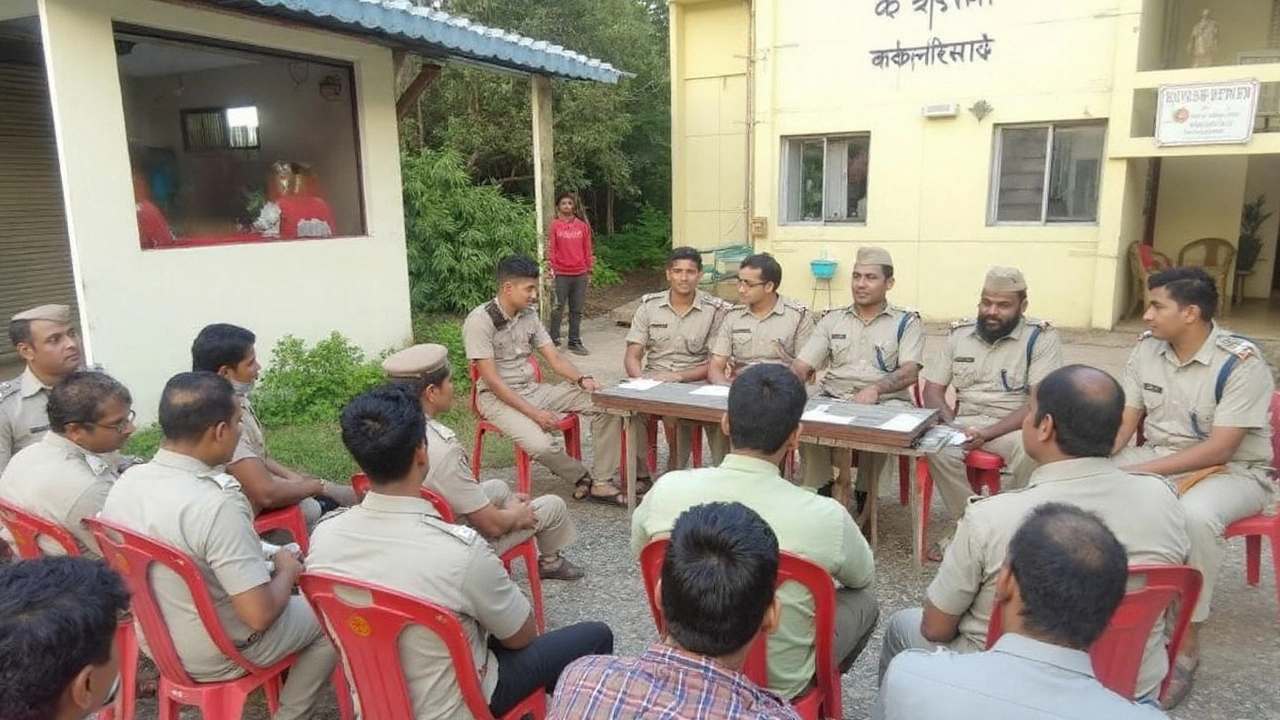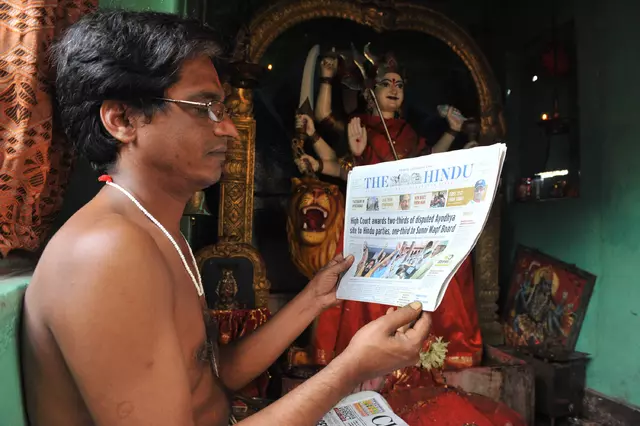Dussehra Wage Demand: What’s Happening, Why It Matters and What’s Next
Every year around Dussehra, you hear a lot of chatter about workers demanding higher wages. This isn’t just a few angry voices – it’s a full‑blown movement that’s affecting factories, shops and even street vendors. If you’re wondering why the demand spikes during the festival season, what the protesters want, and how the situation could affect your daily life, you’re in the right place.
Why the Demand Surfaces During Dussehra
During Dussehra most businesses see a surge in sales. Workers, however, often stay on the same pay scale while the cost of living rises sharply because of festival‑related expenses. That gap pushes them to ask for a wage hike that matches the extra income they could earn. Many workers also point to delayed bonuses and low overtime pay as reasons they feel short‑changed.
What Workers Are Asking For
The core demand is simple: a minimum 10‑15 % increase in the basic wage, plus guaranteed overtime rates that reflect the extra hours put in during the holiday rush. Some unions are also asking for better health benefits and timely payment of holiday bonuses. In Gujarat, where the Dussehra celebrations are huge, the pressure on factories and retail chains is especially high.
Government officials have responded with a mixed bag of statements. On one hand, they acknowledge the workers’ concerns and promise to review wage policies. On the other hand, they warn that sudden hikes could hurt small businesses already grappling with high input costs. This tug‑of‑war creates uncertainty for both employees and employers.
For the average consumer, the main impact could be slightly higher prices for festive goods. If businesses pass the wage increase onto customers, you might notice a bump in the cost of sweets, decorations, and even transport fares. On the flip side, higher wages mean workers have more money to spend, which could boost local shopping and keep markets lively.
So, what can you do? Keep an eye on local news – AAP News Live will keep you posted with real‑time updates. If you’re a business owner, start planning a budget that can absorb a modest wage rise without hurting your bottom line. And if you’re a worker, stay organized, follow union announcements, and make sure any agreement is put in writing.
Bottom line: the Dussehra wage demand is more than a seasonal protest. It reflects deeper issues of fair pay, cost‑of‑living pressures and the balance between profit and people. Whatever the outcome, staying informed will help you navigate the changes, whether you’re buying a festive gift or running a shop.



